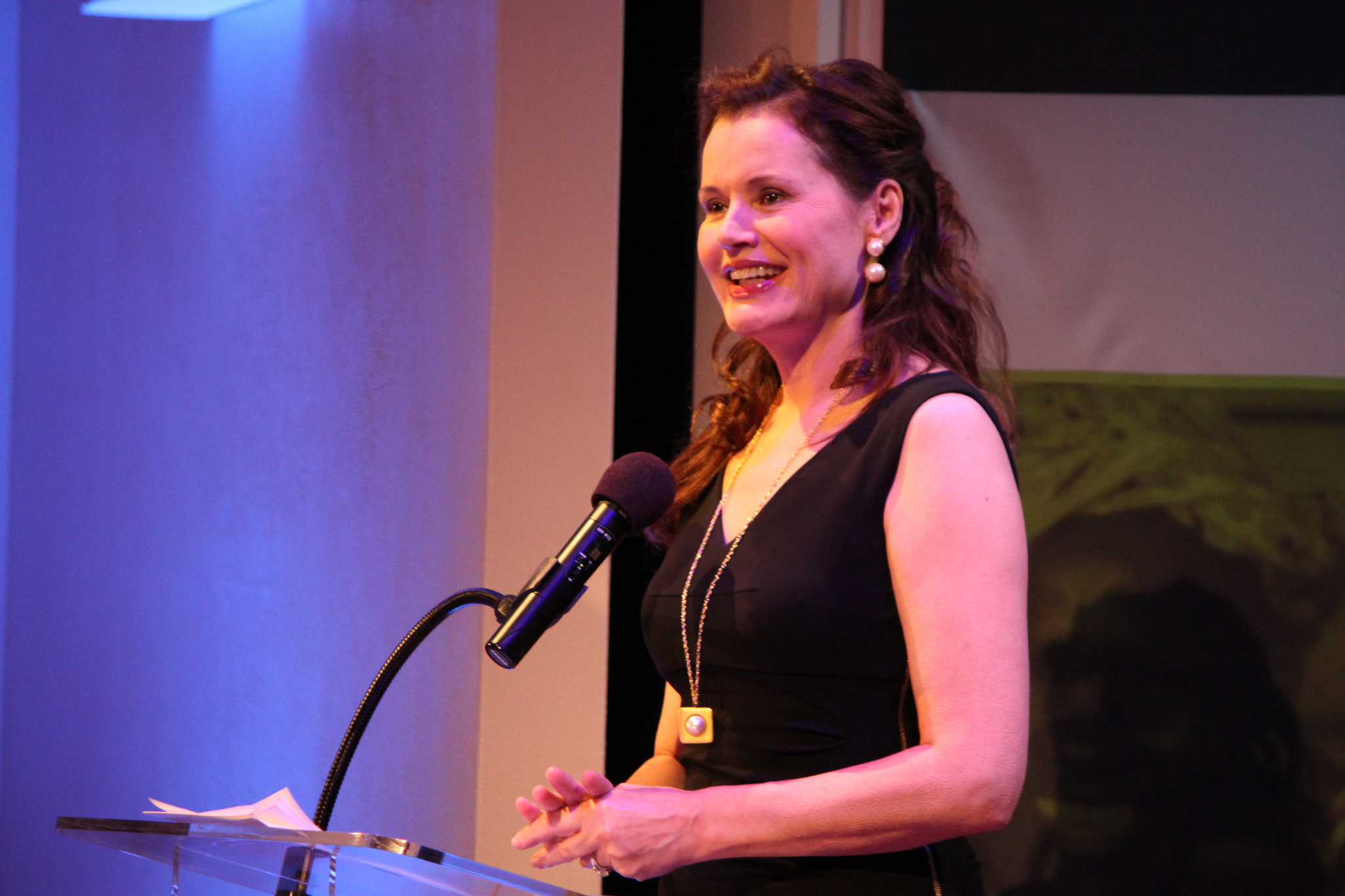Geena Davis: There’s a “Tremendous Amount of Unconscious Bias Against Women” in Hollywood

Women in the entertainment industry have been working to combat unfairness and disparity when it comes to their treatment—and this extends to every position in Hollywood. Actors, directors, writers and producers are coming together and speaking out about the issue of gender equality and what can be done to combat misconceptions many people still have.
After the Women in Entertainment Summit (which one of our editors attended and reported on), actor and event keynote speaker Geena Davis spoke with The Hollywood Reporter about the outdated biases that often permeate our unconsciousness, and what women in Hollywood can do to change them.
Davis said that one of her goals is to track and weigh data in family movies, so it’s possible to see and understand what children are absorbing from an early age. One thing they’ve learned? According to their research, female characters only make up 17% of those represented in a crowd during a scene. “We are training kids from the very beginning, from the first contact they have with pop culture, that girls don’t take up half the space,” she said.
In an interview with The New York Times, Angelina Jolie said she prefers not to have conversations about gender equality because she wants the focus to be on talent and skill rather than her gender. Davis disagreed:
Sure, it would be great to live in a world where we could just hire the best person for the job and not have to worry about that. But we have to keep in mind the tremendous amount of unconscious bias against women. Because if women and men were truly equally talented and equally hired based on their talent and ability, we would have half of both.
And if people can’t acknowledge their unconscious biases on their own, Davis said, that’s part of why raising awareness on the issue is even more important. For while women are tragically underrepresented, the issue is even more starkly apparent when it comes to people of color. “If you don’t see yourself reflected in the culture, Davis said, “you get the idea that you’re not as valuable.”
I understand what Jolie is saying about preferring to acknowledge someone’s talent over their gender, and it would be great if we could have conversations like that. But we’re not there yet, because the reality is that the situation hasn’t completely improved—and it won’t unless we refuse to stop talking about it.
(via THR)
—Please make note of The Mary Sue’s general comment policy.—
Do you follow The Mary Sue on Twitter, Facebook, Tumblr, Pinterest, & Google +?
Have a tip we should know? tips@themarysue.com